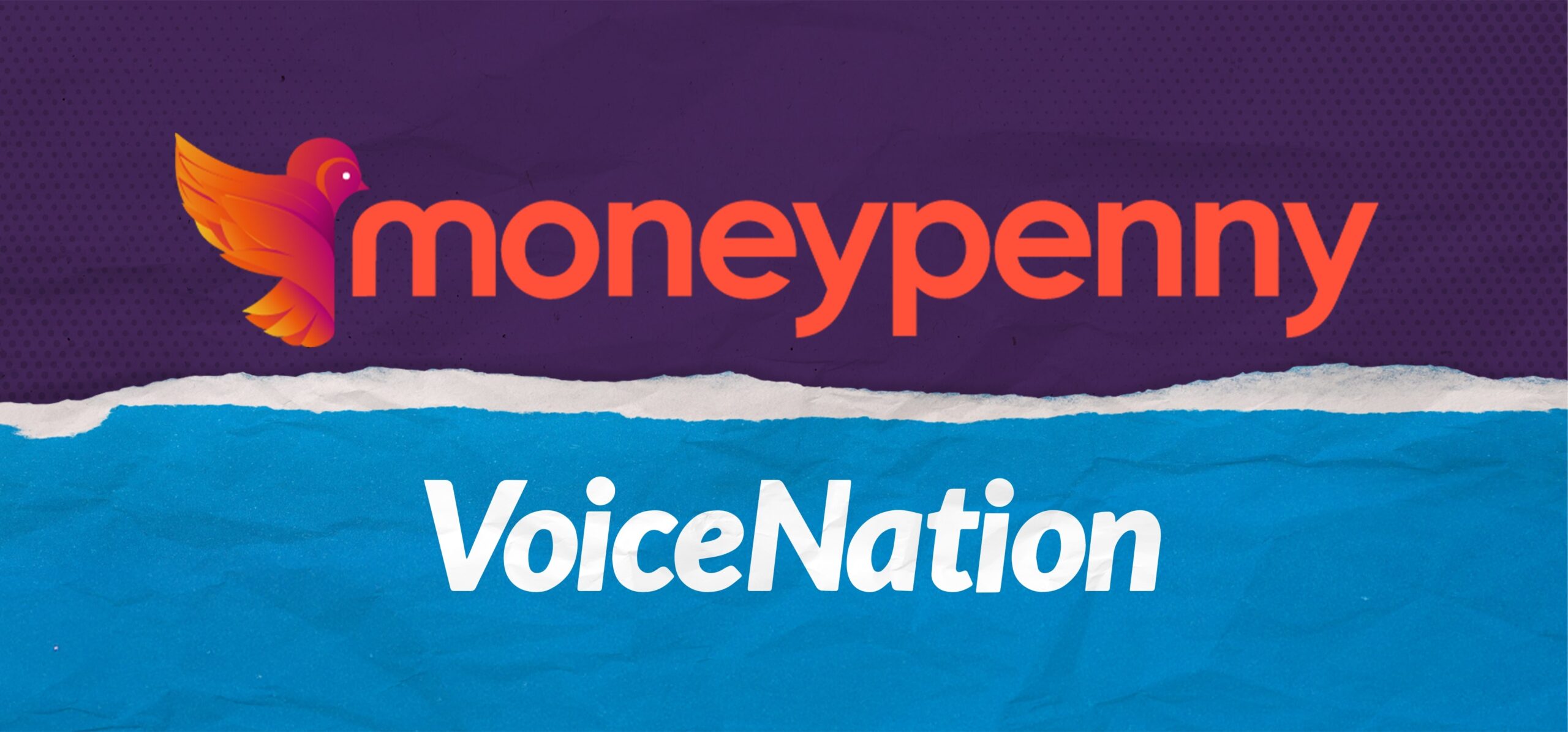We all know how important it is that calls get to the right person and that they do so in a timely manner. Call routing is an awesome feature that organizes incoming calls into queues and directs them to the relevant person based on predetermined criteria – just one of many features which can help boost your business.
How does call routing work?
There are lots of different types of call routing and each works in their own unique way. Let’s go through each one, so you can see which would work the best for you:
- Round robin routing – This is the most common call routing system, due to its ability to evenly assign calls amongst agents. Call one goes to agent A, call two to agent B, and so on. Once everyone has received a call, it will then go back to agent A and follow the same process.
- List-based routing – Although this might not be the most popular call routing feature, for some businesses it’s the perfect solution. This type of call routing uses a fixed list or prioritizes agents to receive calls. Let’s say your list is 1, 2, 3 – number 1 will always receive incoming calls first, unless they are busy, in which case the call goes to number 2. This is a good way to route calls when there is a need for a specific skill set, as you can set the order based on who has the most experience.
- Least occupied routing – This method pretty much does what it says on the tin. Calls simply route to the least occupied agent, e.g. those who have the lowest talk time, get the least amount calls or just have the most available time.
- Time-based routing – For this particular system, incoming calls are routed based on business hours and the time zone the agent is in. This is a common system used by companies who have a global client base, as certain calls can be forwarded to agents who are in the same country or time zone as the caller.
- Skill-based routing – This works by using information provided by the customer to direct their call to the agent with the skill set that’s best suited to solving the inquiry. For example, if a caller wishes to update the bank details on their account, they would be directed to the agent who has the permissions needed to make this change.
- AI-assisted routing – This method uses AI to advise which agent would best serve the caller. By using machine learning and historical data, AI can, in real time, direct the call to the right agent for the job. This works best in larger companies where there is an abundance of call data for the AI to learn from.
- Relationship/VIP routing – Some businesses have VIP callers they need to make sure get through to the correct person straight away, every time. By tagging VIPs through your CRM, you can make sure they bypass any other call routing software and get straight to their preferred agent or backup agent without delay.
What are the benefits of call routing?
There are a lot of benefits to using a call routing system, for both businesses and their customers. Here’s a couple right off the bat:
For customers: Speeding up waiting times is a huge benefit of call routing. Directing their calls to the right agent as soon as possible gives the customer an amazing first impression of your business. It also stops customers being put on hold while agents decide who the best person is to deal with their inquiry, leading to quicker resolution times. A simple example of this could be multilingual customers, whereby call routing allows them to be directed to an agent who speaks the same language, streamlining their journey and improving their overall experience.
For businesses: One of the main benefits of call routing for businesses is directing the calls based on the skill set of the agent. With the guarantee of calls being sent to the right person, agents can be more productive and efficient in handling inquiries and continuing with their work. Another benefit is by using call routing to evenly distribute calls between your agents. This means everyone should have a balanced workload and reduce certain people feeling burnt out or overwhelmed. Call routing matches the best agent for the caller, allowing a great conversation and positive caller experience.
What is intelligent call routing?
Intelligent call routing (ICR) is a type of call routing system which uses technology to sort incoming calls into a queue or assigns them to a particular agent based on specific criteria input by the system owners. Many systems like this present options to callers, which help direct them to the right person or filter them into a queue. If they select the option for a particular agent and they are busy, the system then determines the next best route and directs the caller accordingly.
How does intelligent call routing work?
So, how does it actually work? By using all the data at its disposal, the system is able to determine the best course of action for each caller – which benefits the customer, the agent and the business. There are a few different ways intelligent call routing works, so let’s jump straight into it!
- Caller input – This type of intelligent routing works by allowing the customer to input information so the call is directed correctly. This could be details such as their account number, phone number or the department they want to reach. The caller can input their answer through either an IVR menu (press 1 for sales, press 2 for finance etc.) or verbally saying it through the phone.
- Current caller data – This works by electronically gathering data, whereby the system recognizes the number dialed and then directs the caller to the right place. For instance, let’s say the caller dials a company’s recruitment number, the system recognizes this and diverts the call to the recruitment department for them to deal with the inquiry.
- Historical caller data – This system identifies the returning caller’s number and gathers their history, including historical purchases, account status, and who they have contacted previously within the business. This information is then used to guide them to the most appropriate person or department to handle their inquiry.
How to setup call routing for your business
The first step is to decide which kind of call routing would best suit your business. Once you have decided this, you’ll need to pull together a set up plan, including how you want your calls to be routed, what criteria they’re based on and so on. It’s really easy to set up your round robin call routing, but the main thing to remember is that it can be a different process depending on which telecoms partner or outsourced provider you are with. Here at Moneypenny, we simply provide clients with a unique number for them to forward their calls to us and offer continuous support throughout the process for those that need it.
Expand your customer base with Moneypenny
By using a call routing system, you can benefit both your callers and agents. To find out more about Moneypenny and how our phone answering service can support you and your business, call our team on 866.202.0005.


















